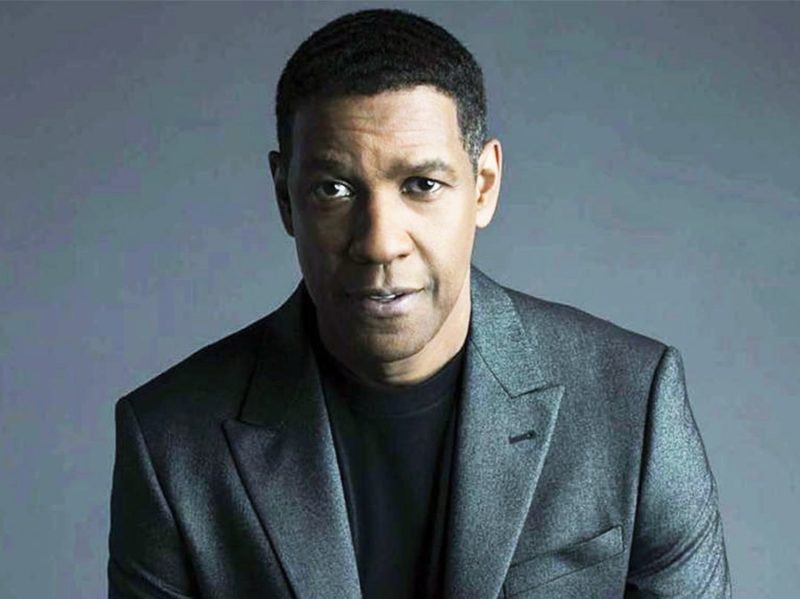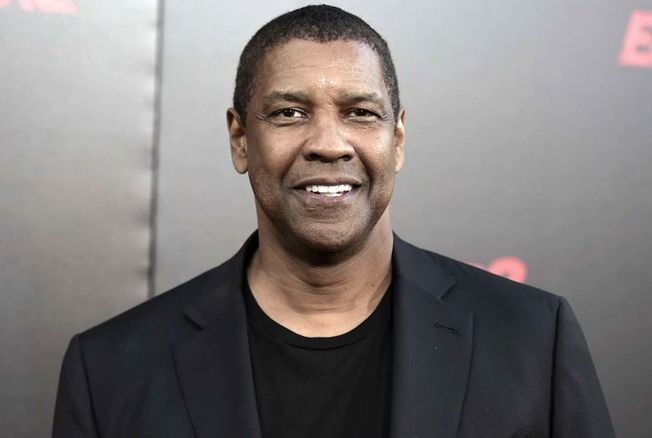Denzel Washington: Hollywood’s Cultural Trailblazer
When it comes to influential figures in Hollywood, Denzel Washington stands out not just for his remarkable acting career but for his profound insights on race and culture. Washington’s perspective on these issues challenges conventional narratives and pushes us to think deeply about the intersection of race, culture, and authenticity in the film industry.

Denzel Washington: The Man Beyond the Screen
Denzel Washington is widely celebrated for his acting prowess, yet his influence extends far beyond the silver screen. His role as an actor, director, and producer provides him with a unique vantage point from which to critique and contribute to discussions on race and culture. Washington’s approach is refreshingly nuanced, offering a perspective that prioritizes cultural understanding over mere racial considerations.
Culture vs. Race: Washington’s Insight
Washington’s contributions to film, particularly his work on “Fences,” illustrate his belief that culture, rather than race, should be the primary focus when creating authentic narratives. He argues that the essence of a story is not dictated by the skin color of those involved but by their understanding of the culture from which the story emerges. This viewpoint challenges the prevailing notion that race should dominate discussions about representation in film.
For instance, Washington posits that a director like Steven Spielberg could potentially direct a Martin Scorsese film, and vice versa, based on their ability to grasp the cultural context rather than their racial background. This perspective emphasizes that while race is a factor, it should not overshadow the importance of cultural authenticity in storytelling.
Race Relations and Cultural Familiarity
Washington’s take on race relations is similarly thought-provoking. He suggests that improving race relations requires more than legislative actions or presidential mandates. True progress, he argues, comes from personal engagement and mutual understanding between individuals. Washington’s view is that love and respect cannot be legislated but must be cultivated through direct interaction and shared experiences.
In this context, Washington highlights the importance of cultural familiarity in filmmaking. He points out that when filmmakers and actors understand the culture they are representing, it enhances the authenticity and impact of their work. His own film, “Fences,” is a testament to this belief, as it portrays the African American experience with deep cultural resonance and realism.

The Role of Movements and Representation
Washington’s views on the Black Lives Matter movement and other social justice movements reflect his commitment to freedom of expression. He acknowledges that these movements play a crucial role in highlighting injustices and pushing for change, even if their methods or messages are debated. His stance underscores the value of having the freedom to protest and speak out, an essential aspect of democratic society.
Similarly, Washington’s appreciation for actors like Viola Davis, who demand authenticity in their roles, aligns with his belief in the importance of cultural understanding. Davis’s work, including her performances in “How to Get Away with Murder” and “Fences,” exemplifies how representation and cultural insight can elevate storytelling and provide a more nuanced portrayal of characters.
The Takeaway: Understanding Beyond Race
Denzel Washington’s insights on race and culture challenge us to rethink how we approach these complex issues. By emphasizing the importance of cultural understanding over racial identity, Washington advocates for a more nuanced and respectful approach to representation in media. His perspective encourages us to look beyond superficial attributes and engage with the deeper
aspects of cultural storytelling.
Denzel Washington’s Legacy and Impact
As we reflect on Denzel Washington’s contributions to Hollywood, it becomes clear that his impact goes far beyond his impressive filmography. For nearly five decades, Washington has been a pioneering force, transforming the way we think about race and culture in film. His career is a testament to his belief in the power of authentic storytelling and cultural representation.
Washington’s ability to blend his artistry with his advocacy for cultural accuracy has set a new standard in the industry. His films are not just entertainment; they are a reflection of the world’s complexities, capturing the essence of human experience with depth and sincerity. Whether he’s acting, directing, or producing, Washington consistently demonstrates that great storytelling requires more than just technical skill—it demands a profound understanding of the culture being portrayed.

Challenging Norms and Shaping Conversations
Washington’s approach is a call to action for others in the industry. He challenges filmmakers to prioritize cultural authenticity over mere racial representation and encourages audiences to engage with stories on a deeper level. This shift in focus is crucial for moving beyond tokenism and towards a more inclusive and truthful representation of diverse experiences.
By advocating for a balance between race and culture, Washington pushes us to question existing norms and seek a more comprehensive understanding of identity. His work serves as a reminder that while race is an important aspect of identity, it is not the sole determinant of an individual’s experience or story.
Future Implications for Hollywood and Beyond
Washington’s insights have significant implications for the future of Hollywood and the broader entertainment industry. As the industry continues to grapple with issues of representation and diversity, Washington’s emphasis on cultural understanding offers a path forward. It suggests that true inclusivity requires more than just casting choices; it demands a commitment to portraying cultures with accuracy and respect.
This perspective is especially relevant in an era where audiences are increasingly demanding authenticity in media. As filmmakers and storytellers, the challenge is to rise to this demand by engaging with the cultures they represent and crafting narratives that resonate with genuine experiences.